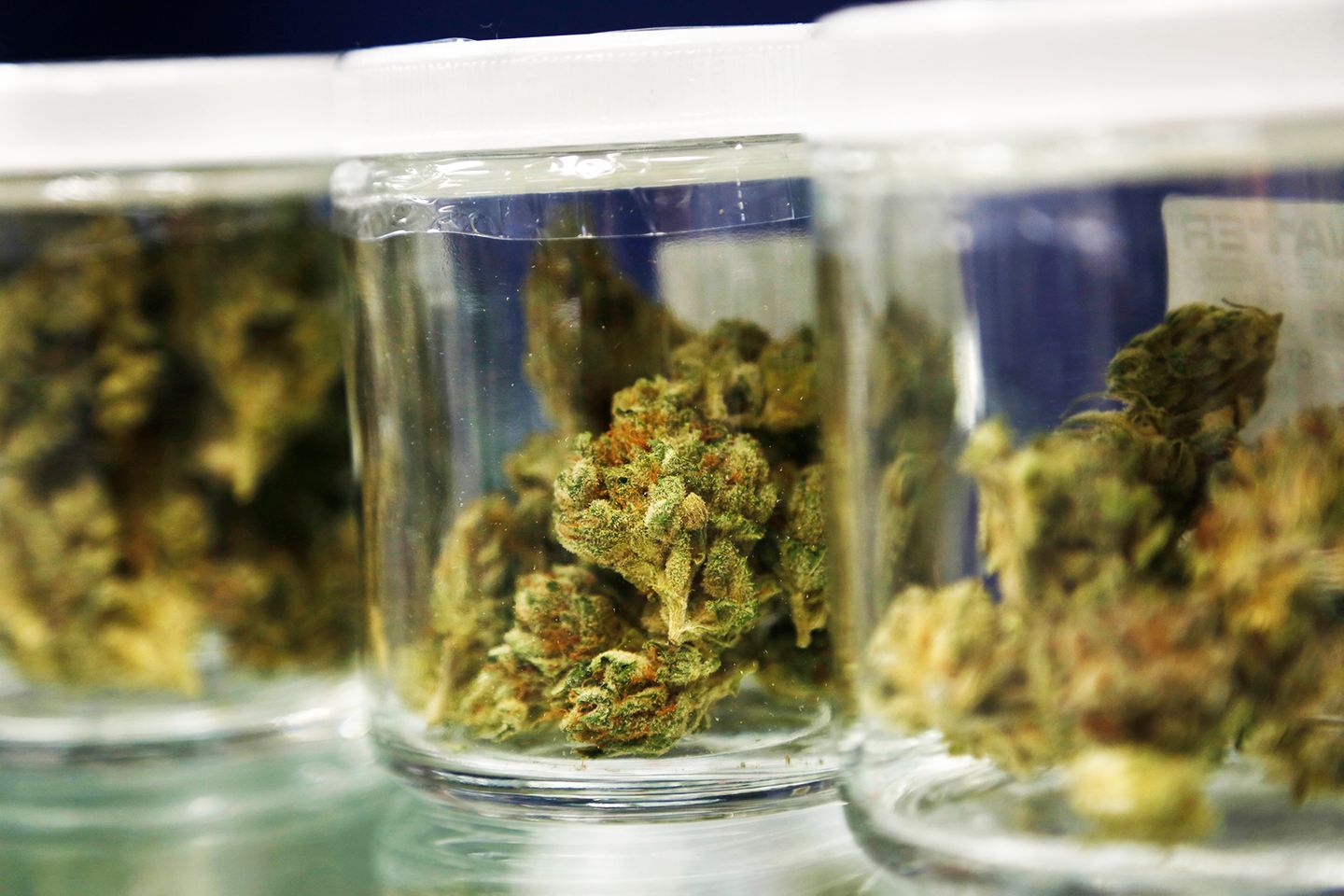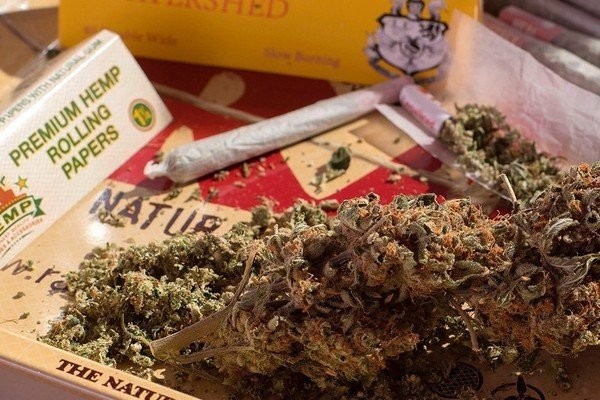As a police chief of central New Jersey community who has seen his fair share of traffic accidents, I want to make clear it is imperative we do not underestimate the adverse impact legalizing recreational marijuana will have on traffic safety within our communities.
And while I do not hold myself up as a clinical expert on the legalization of recreational marijuana, I’m an experienced law enforcement officer with over 30 years enforcing laws related to impaired driving. I feel appropriately qualified to discuss the issues and concerns related to impaired driving, and in this case “drugged driving,” and its affect upon the motoring and non-motoring public.
I am not alone in this experience.
As chairman of the Legalization Working Group for the New Jersey State Association of Chiefs of Police, our membership believes the legalization of recreational marijuana will adversely impact the quality of life of our residents.
The Working Group is comprised of seasoned and learned chief executives of law enforcement agencies from around our state whose purpose is to focus the discussion on the proposed legalization of recreational marijuana as it relates and affects public safety in our communities. One of the most salient concerns we have is the consequences of drugged driving.
New Jersey has some of the most heavily traveled and congested roadways in the United States. The collective efforts of the law enforcement community to thwart drunk driving have met with a great deal of success, as the incidents of drunk driving and related crashes have been relatively low and stable over the last decade or so. But, drugged driving is not the same as drunk driving.
Our collective understanding of the impairments due to drugged driving is limited.
Alcohol is unique among impairing drugs in that there is a documented correlation between blood levels and levels of impairment. That doesn’t exist for other drugs and it has been shown to be non-existent for THC in marijuana. Currently it is not possible to identify a valid impairment standard for marijuana or any other drug equivalent to the .08% BAC limit for alcohol.
Exacerbating the problem is the matter of how to best create, implement and enforce the laws prohibiting impaired driving. This is particularly concerning in New Jersey, the most densely populated state, where the risk of catastrophic consequences related to a drugged driving incident is exponentially more probable.
The members of the Working Group have researched the issue in an effort to better understand how the legalization of recreational marijuana will affect our communities. Thus far that research validates our concerns and strengthens our collective resolve that New Jersey should not legalize the use of recreational marijuana.
For example, the percentages of traffic deaths related to the use of recreational marijuana doubled in Washington State in the year retail marijuana sales were allowed, according to a report by the AAA Foundation for Traffic Safety. In Colorado, marijuana is now involved in more than one of every five deaths on the road, according to the state department of transportation.
These statistics highlight our concern and why it is necessary to wait until we have a better understanding how legalizing recreational marijuana will impact our state.
We feel that it is much better to postpone any decision until independent and comprehensive research has been completed using a better sampling of size and time.
But, given the statistics that are available today, it is indisputable that the use of recreational marijuana negatively impacts both the motoring, pedestrian and special needs community. It’s clear innocent people in states where recreational use of marijuana has been legalized are at a greater risk of harm, injury and death due to the increased numbers of drugged drivers.
My community has experienced its share of horrific crashes, traffic congestion, snarl ups, delays, as well as, pedestrian and cyclist fatalities.
It has been a collective and successful effort from law enforcement, Legislators, advocates and our community members to make the superhighways, our heavily travelled arteries, and each local roadway safer with lower number of motor vehicle accidents due to drunk driving.
This is not the time to reverse that course.
John J. Zebrowski is chief of the Sayreville Police Department. He is also chairman of Legalization Working Group for the New Jersey State Association of Chiefs of Police.
Credit: www.nj.com













